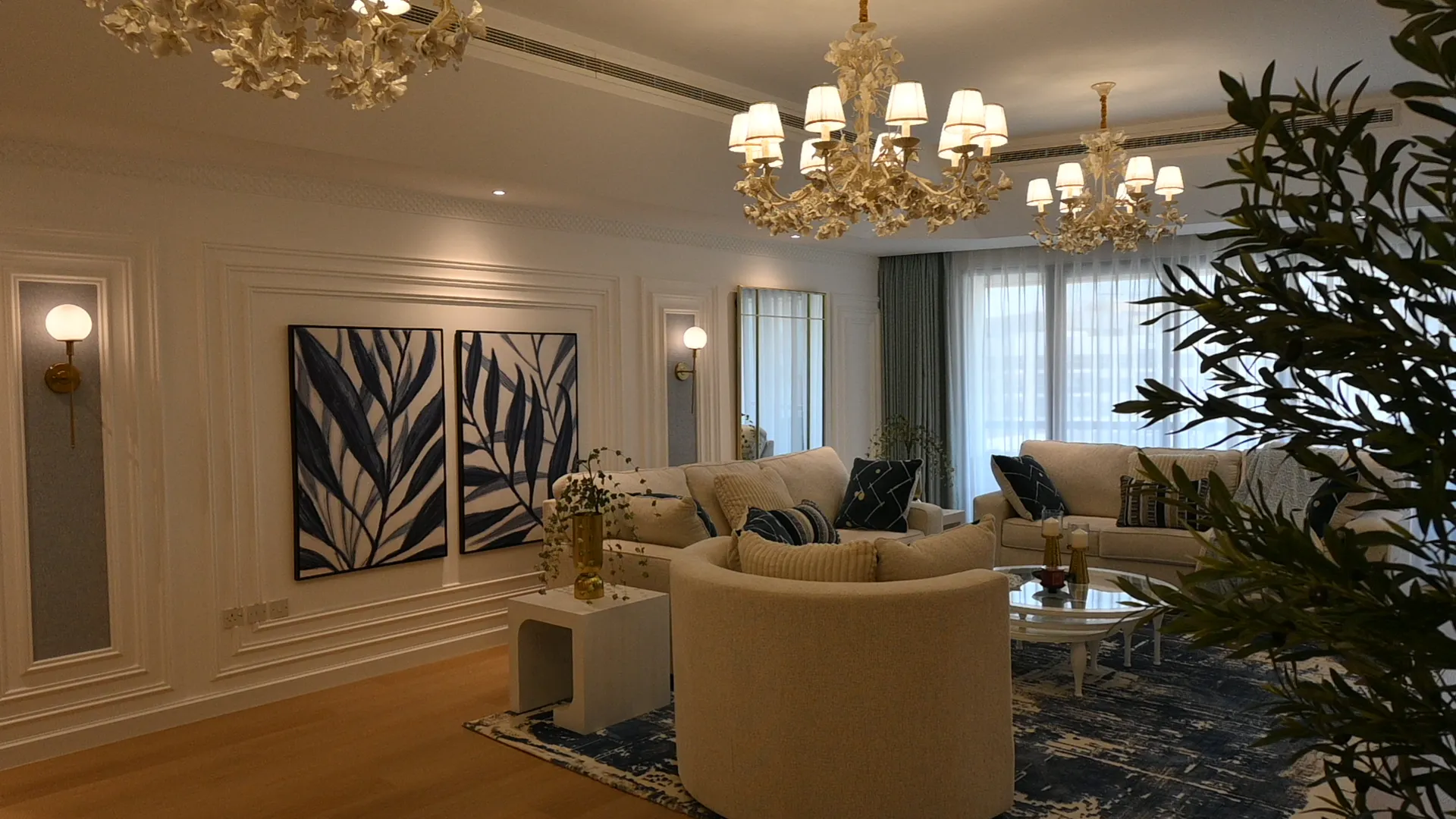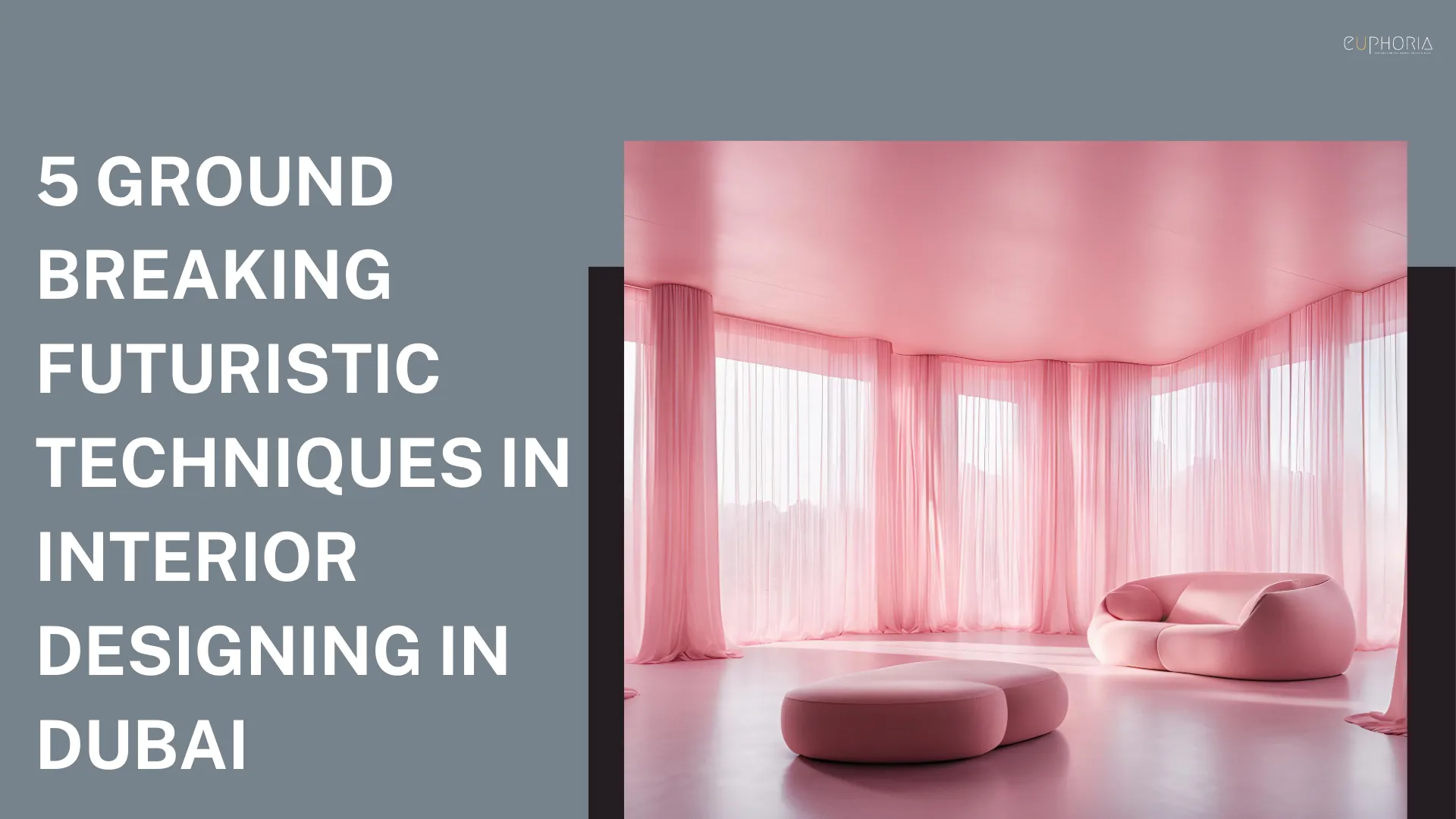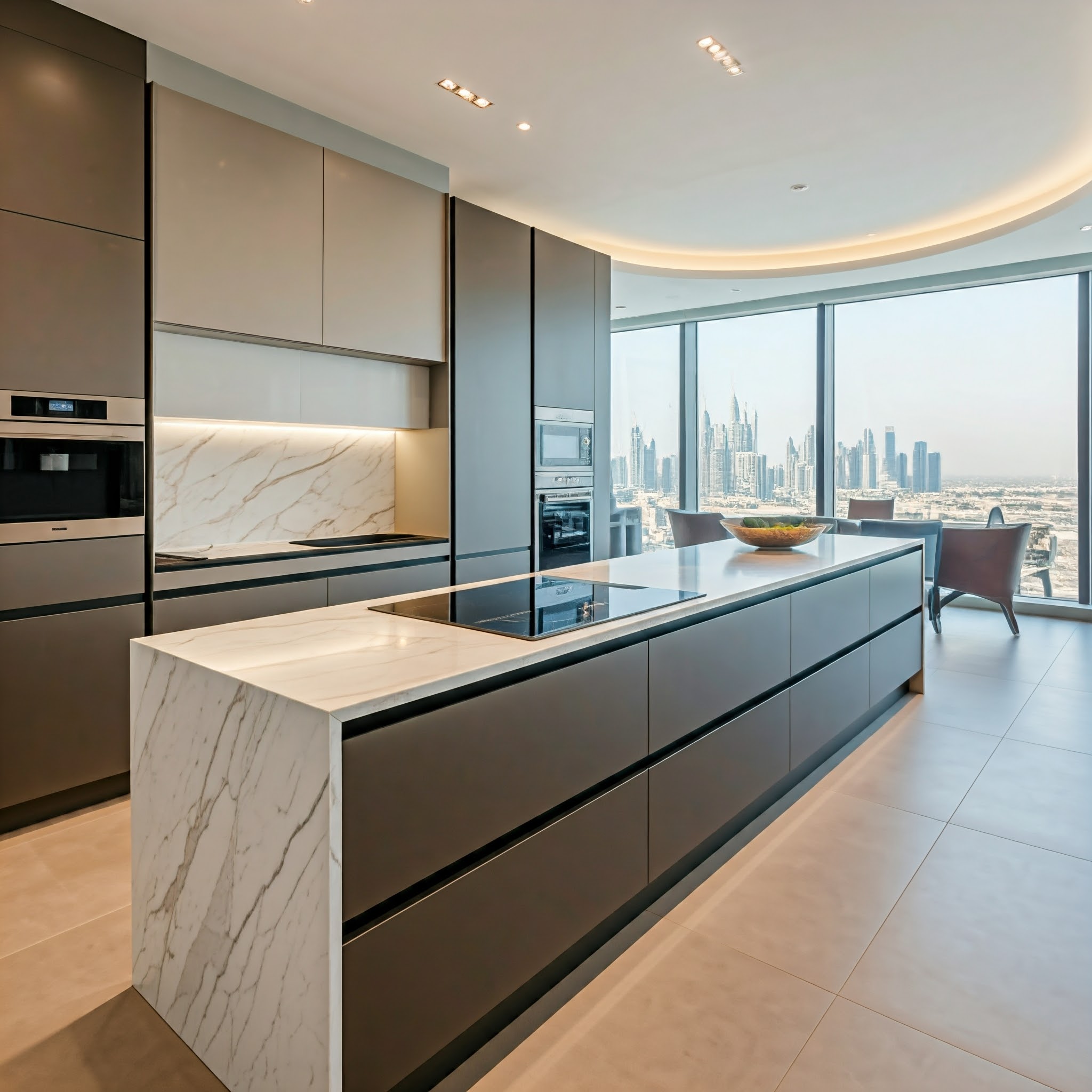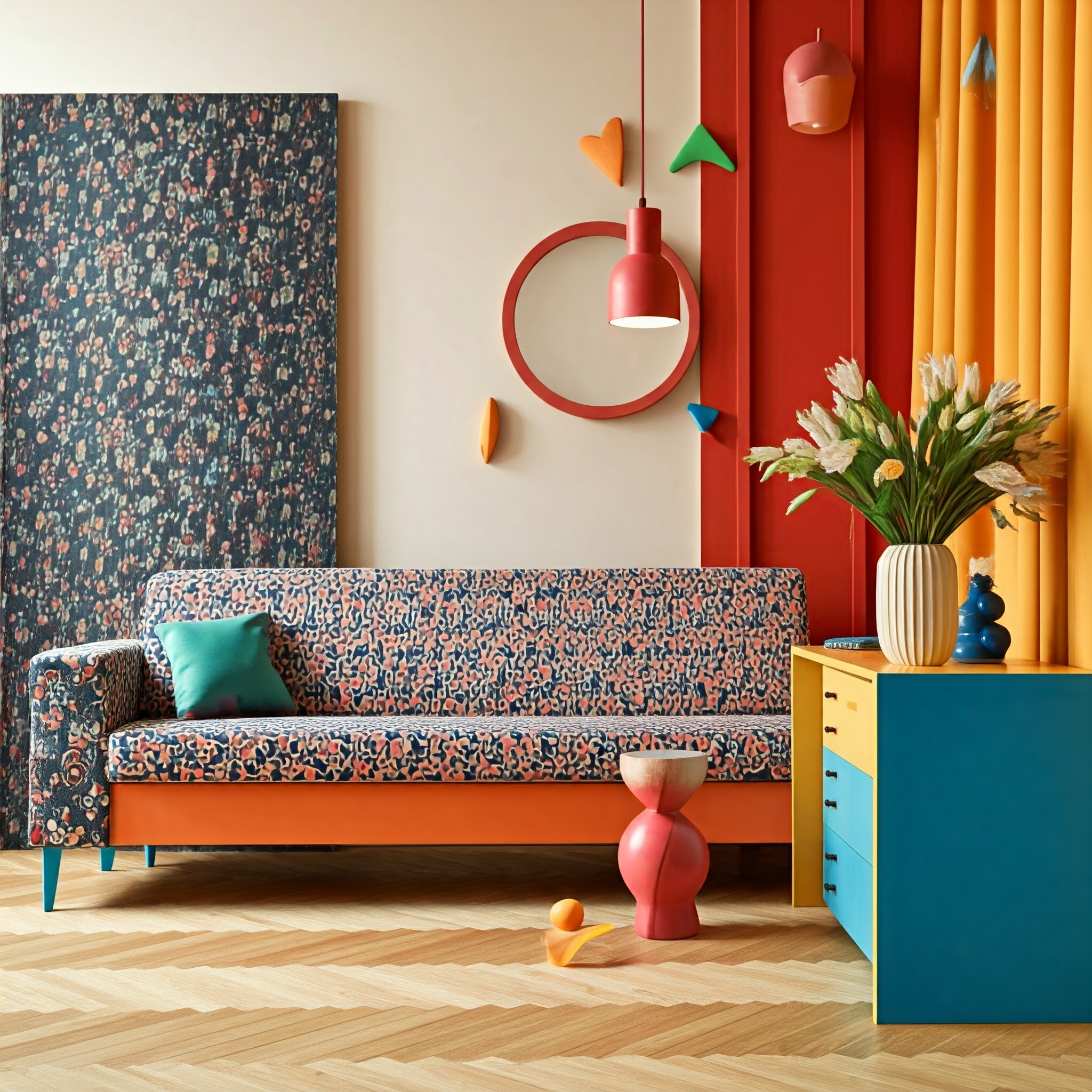As people increasingly crave more meaningful living spaces, the allure of Lanna-inspired design is growing. Yet, how do you blend something as traditional as Lanna decor into a modern home without it looking out of place or forced? It’s a challenge that many of us face when trying to honor tradition while keeping things contemporary. But don’t worry- here are ten ways to seamlessly incorporate the beauty of Lanna decor into your space, with practical tips to overcome common hurdles.
Understand the Lanna Aesthetic and Cultural Roots
Before diving in, it’s crucial to understand what makes Lanna decor so unique. Originating from the ancient Lanna Kingdom in Northern Thailand, this style reflects a harmonious blend of nature, spirituality, and craftsmanship. Natural materials like teak wood, earthy textiles, and handcrafted elements are its hallmarks, often infused with symbolic motifs like lotus flowers or elephants.
However, the challenge lies in respecting this rich history without turning your home into a museum. The key is to embrace the principles—natural materials, craftsmanship, and symbolism—while making adjustments that suit your lifestyle. Start by researching the cultural roots to truly appreciate the essence of Lanna, and let that understanding guide your choices.
Use of Wood and Natural Materials
Wood is the backbone of Lanna design. Picture polished teak floors, carved wooden beams, or rustic furniture that instantly adds warmth to any room. The challenge? Finding sustainable wood that doesn’t break the bank or compromise the environment.
Look for reclaimed wood or certified sustainable options to achieve that rustic charm responsibly. And if real wood isn’t an option, high-quality wood veneers or laminates can mimic the look while being budget-friendly. Pair these elements with other natural materials like rattan or bamboo for a complete Lanna vibe.
Incorporating Traditional Thai Textiles
Textiles are another cornerstone of Lanna decor. Think of soft cottons, shimmering silks, or intricately hand-woven fabrics that tell a story. Whether it’s a throw pillow, wall hanging, or table runner, these textiles can transform a space.
The challenge often lies in sourcing authentic fabrics without falling into cultural appropriation. To navigate this, choose ethically made products from artisans or organizations that support traditional weaving communities. You’ll not only get authentic pieces but also contribute to preserving their heritage. Use these textiles in subtle ways—perhaps as cushion covers on a modern sofa or a runner on a sleek dining table.
Color Palette: Earthy and Warm Tones
Lanna design is all about creating warmth and comfort, often through earthy tones like terracotta, rich browns, muted greens, and gold accents. However, there’s a fine line between cozy and overpowering. Too much of these tones can feel heavy or dated in a modern setting.
Balance is key. Pair traditional earthy tones with neutral backdrops like white or beige. For instance, a terracotta accent wall can pop beautifully against minimalist furniture. Adding metallic gold accents in small doses—like a lamp base or picture frame—can elevate the look without overwhelming it.
Lanna-Inspired Furniture Design
Lanna furniture is simple yet elegant, often handcrafted with intricate carvings or understated details. While these pieces are stunning, the challenge is blending them into homes that lean toward modern or minimalist styles.
The solution? Choose one or two standout Lanna pieces, like a carved wooden bench or a low teak coffee table, and let them shine. Complement them with modern furniture in neutral tones to create a balanced look. The goal is harmony, not competition, between styles.
Incorporating Traditional Lanna Art and Handicrafts
Traditional Lanna art, such as wood carvings, murals, or metalwork, can add a personal and cultural touch to your home. But overloading your space with too many pieces can make it feel cluttered.
Focus on quality over quantity. Select a few key pieces that resonate with you and place them strategically. For instance, a single large wood carving can serve as a focal point above a sofa, while smaller items like metal sculptures can adorn shelves or side tables.
Lanna Lighting: Soft, Warm, and Inviting
Lighting is a subtle but powerful way to set the mood in a Lanna-inspired home. Traditional lanterns, candles, and intricately designed light fixtures are staples of this style.
The challenge? Balancing their traditional charm with the practical needs of modern lighting. Opt for lantern-style fixtures with warm LED bulbs to achieve the soft glow Lanna decor is known for. Incorporate candles for ambiance, but make sure they’re placed safely in decorative holders that match the overall theme.
Indoor Plants and Lush Greenery
Nature is deeply intertwined with Lanna decor, and bringing the outdoors inside is a must. Lush greenery, bamboo, or even small indoor water features can make your space feel alive and peaceful.
The challenge is choosing plants that thrive indoors and suit your lifestyle. Low-maintenance options like pothos, snake plants, or peace lilies work well and align with the natural aesthetic. For a more tropical feel, consider palms or banana plants, but ensure they get enough light.
Mixing Lanna with Other Asian Styles
Lanna decor doesn’t have to stand alone—it can beautifully complement other Asian design elements like Japanese Zen simplicity or Balinese tropical warmth. However, blending multiple styles can be tricky.
Start small. Choose one dominant style and let the other act as an accent. For example, pair Lanna’s earthy tones and wooden furniture with Japanese-inspired shoji screens or a Balinese-style woven rug. Keep the color palette cohesive to tie everything together.
Infusing Lanna’s Spiritual Elements
Spirituality is a core aspect of Lanna culture, often represented through symbols like the lotus, Buddha statues, or intricate mandalas. Incorporating these elements respectfully is essential.
Choose subtle ways to include spiritual decor. A small Buddha statue placed on a console table or a lotus motif incorporated into wall art can bring a sense of peace and mindfulness without overpowering the space. Remember, less is more when it comes to spirituality in design.
Conclusion
Incorporating Lanna decor into your home is about finding a balance between tradition and modernity. From earthy tones to handcrafted furniture, each element adds depth and character to your space. The beauty of this style lies in its ability to create a warm, soulful environment that resonates with your personality.
Experiment with different aspects of Lanna decor and see what speaks to you. It’s not about perfection but about creating a space that feels meaningful and inviting. So, take the plunge and start your journey toward a Lanna-inspired home that’s uniquely yours.
FAQs
Q1: What is Lanna decor, and where does it originate?
Lanna decor originates from the Lanna Kingdom of Northern Thailand and is characterized by natural materials, handcrafted details, and cultural symbolism.
Q2: How can I incorporate Lanna decor into a modern home?
Start by blending one or two key elements, such as wooden furniture or traditional textiles, with your existing decor. Balance is key to creating a cohesive look.
Q3: Are there eco-friendly options for sourcing Lanna-style materials?
Yes! Look for reclaimed wood, bamboo, and ethically sourced textiles. Many artisans and organizations focus on sustainable practices.
Q4: Can I mix Lanna decor with other styles?
Absolutely! Lanna decor pairs well with other Asian styles like Japanese Zen or Balinese design. Keep the color palette cohesive to maintain harmony.




